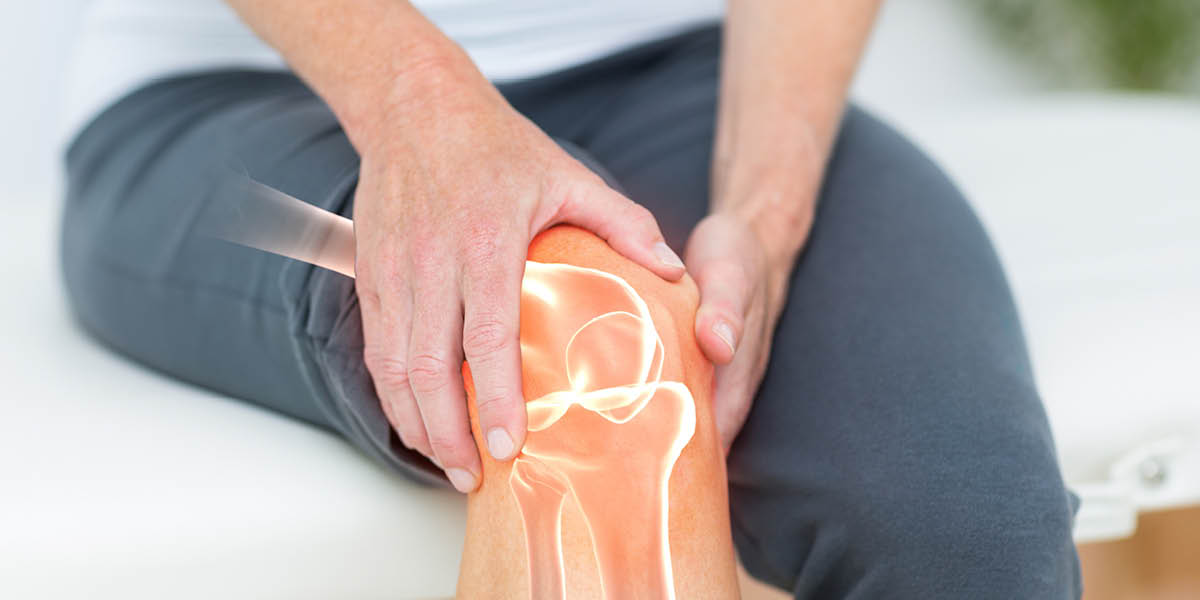-
The Spine Project
Official Title The Spine Phenome ProjectPurpose
This study is designed to capture information about your spine. We will collect information from wearable sensors while you move your low back and neck. We will also collect a series of questionnaires and information from your medical record that related to your spine health. We want to compare the health history and motion capabilities of participants with healthy spines to participants with back and neck pain disorders. We believe that capturing and analyzing this information together will advance our understanding of low back and neck disorders and help develop healthcare applications, tools, or devices that improve the way we prevent, evaluate, and treat spine disorders. You will complete up to 8 visits and participate in the study for up to 5 years.
Could this study be right for you?
To participate, you must meet the following criteria:
- Age 18+
- Able to speak, read, and understand English
- Able to stand for 20 minutes
Please let us know if you have any of the following as you may not be eligible to participate (not a complete list):
- Currently pregnant
- Currently seeing or planning to see a medical provider for low back or neck pain
- History of chronic low back or neck pain lasting longer than 3 months
- Severe back or spine curvature (example – scoliosis)
- Current condition requiring a back brace
- History of spine surgery
- History of brain or spine cancer
- Open wounds on back or neck
- Current spine infection
Age Range
18 and up -
Registry for Shoulder Surgery Outcomes
Official Title Shoulder Surgery Outcomes RegistryPurpose
This registry will collect outcomes data of patients undergoing shoulder surgery with Dr. Jonathan Barlow or Dr. Julie Bishop. The purpose of this registry is to provide a way to collect and store data for patients undergoing shoulder surgery to support the conduct of future research in an effort to improve patient outcomes.
Could this study be right for you?
- A patient undergoing surgery with Dr Jonathan Barlow or Dr Julie Bishop (will be asked to enroll once the clinical decision has been made to proceed with surgery)
- 18 to 89 years old
- Able to provide consent
Age Range
18 and up -
A Registry for Those with Hypophosphatasia (HPP)
Official Title AN OBSERVATIONAL, LONGITUDINAL, PROSPECTIVE, LONG-TERM REGISTRY OF PATIENTS WITH HYPOPHOSPHATASIAPurpose
The purpose of this registry is to collect information about Hypophosphatasia (HPP), a rare bone disorder characterized by the abnormal development of bones and teeth. This long-term registry will collect and store patient medical information, and other related information to use in medical research. The registry may help researchers better understand the condition and learn more about patients who have HPP. In the future, this data may help other people with HPP.
Could this study be right for you?
- 18 years of age or older
- Been diagnosed with Hypophosphatasia (HPP) - a rare genetic disorder characterized by the abnormal development of bones and teeth.
- Not participating in another Alexion-sponsored clinical trial
Age Range
18 and up -
The Effects of Dry Needling on Knee Pain
Official Title The Effects of Dry Needling on Patients with Knee PainPurpose
This study is testing the effectiveness of "dry needling" for pain management and on muscle strength and leg function for those with knee pain. Dry needling consists of small, monofilament needles that are administered directly into the tissue and manipulated to make the muscle relax for pain relief. This technique is used to treat dysfunctions in skeletal muscle and connective tissue to help diminish pain, reduce impairments of body structure and restore function.
Could this study be right for you?
Eligibility Criteria:
- Ages 18-40
- Referred for physical therapy
- Presence of knee pain (for at least 3 months) around the knee cap (patella) during ascending/descending stairs, squatting, and/or running.
Age Range
18 and up -
The Ohio State Lupus, Vasculitis and Glomerulonephritis Registry
Official Title The Ohio State Lupus, Vasculitis and Glomerulonephritis RegistryPurpose
The purpose of the OSU Lupus and Vasculitis Registry is to obtain clinical and laboratory information about lupus and vasculitis and glomerulonephritis.
Could this study be right for you?
Patients at the Ohio State University Rheumatology and Lupus Clinic with one of the following diagnoses who are ages 18 years of age and older:
- Systemic lupus erythematosus
- Discoid lupus
- Mixed connective tissue disorder
- Undifferentiated connective tissue disorder
- Wegener’s granulomatosus
- Microscopic polyangiitis
- Henoch-Schonlien Purpura
- Takayasu’s arteritis
- Giant cell/temporal arteritis
- Churg-Strauss vasculitis
- Other vasculitides
- IgA nephropathy
- Anti-GBM GN
- Membranous GN
- Minimal Change Disease
- Focal Segmental Glomerulosclerosis
Age Range
18 and up
